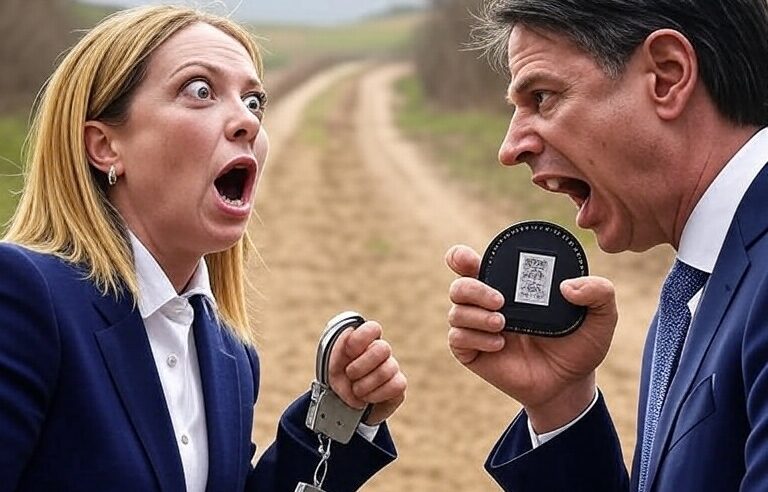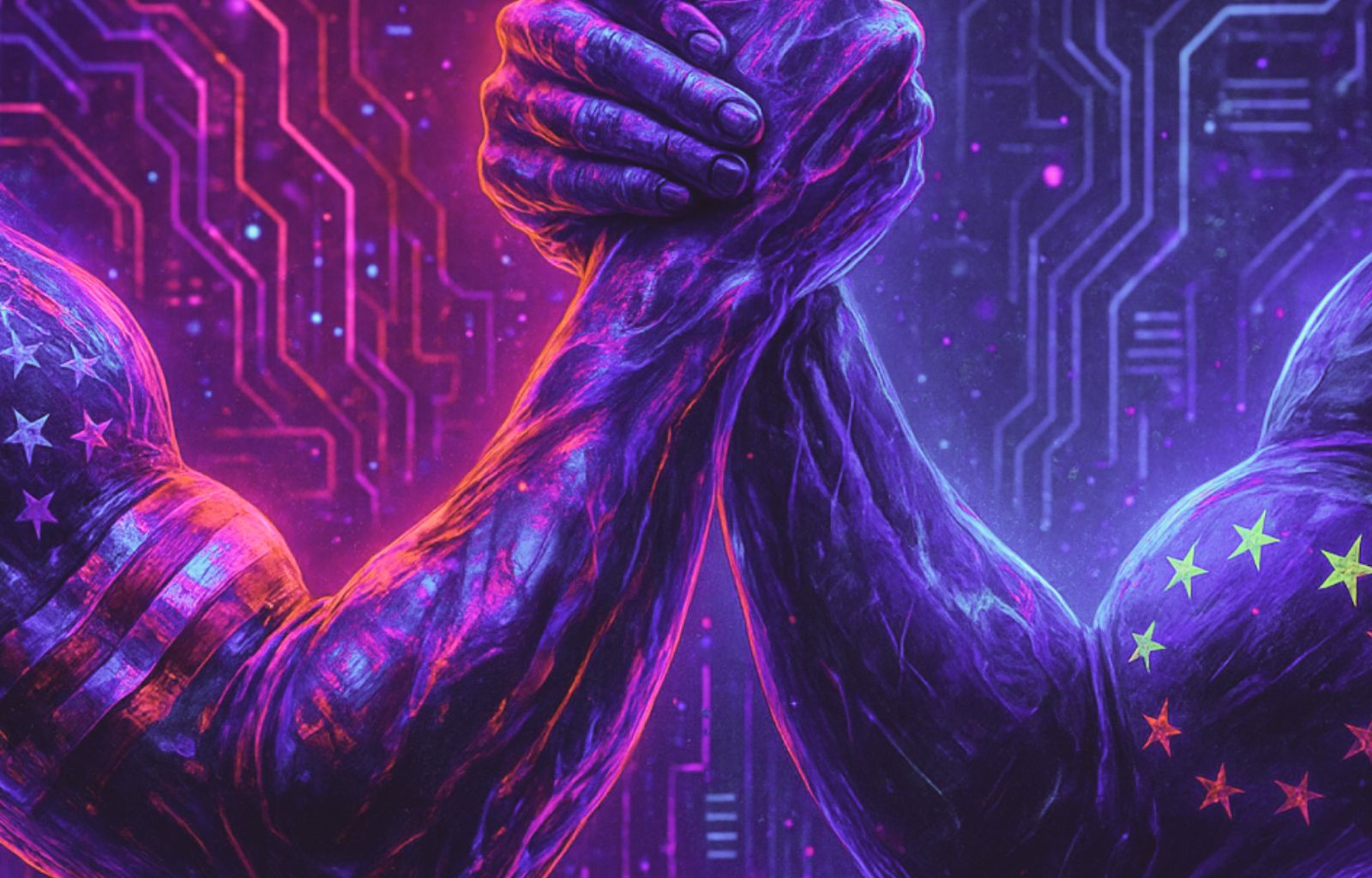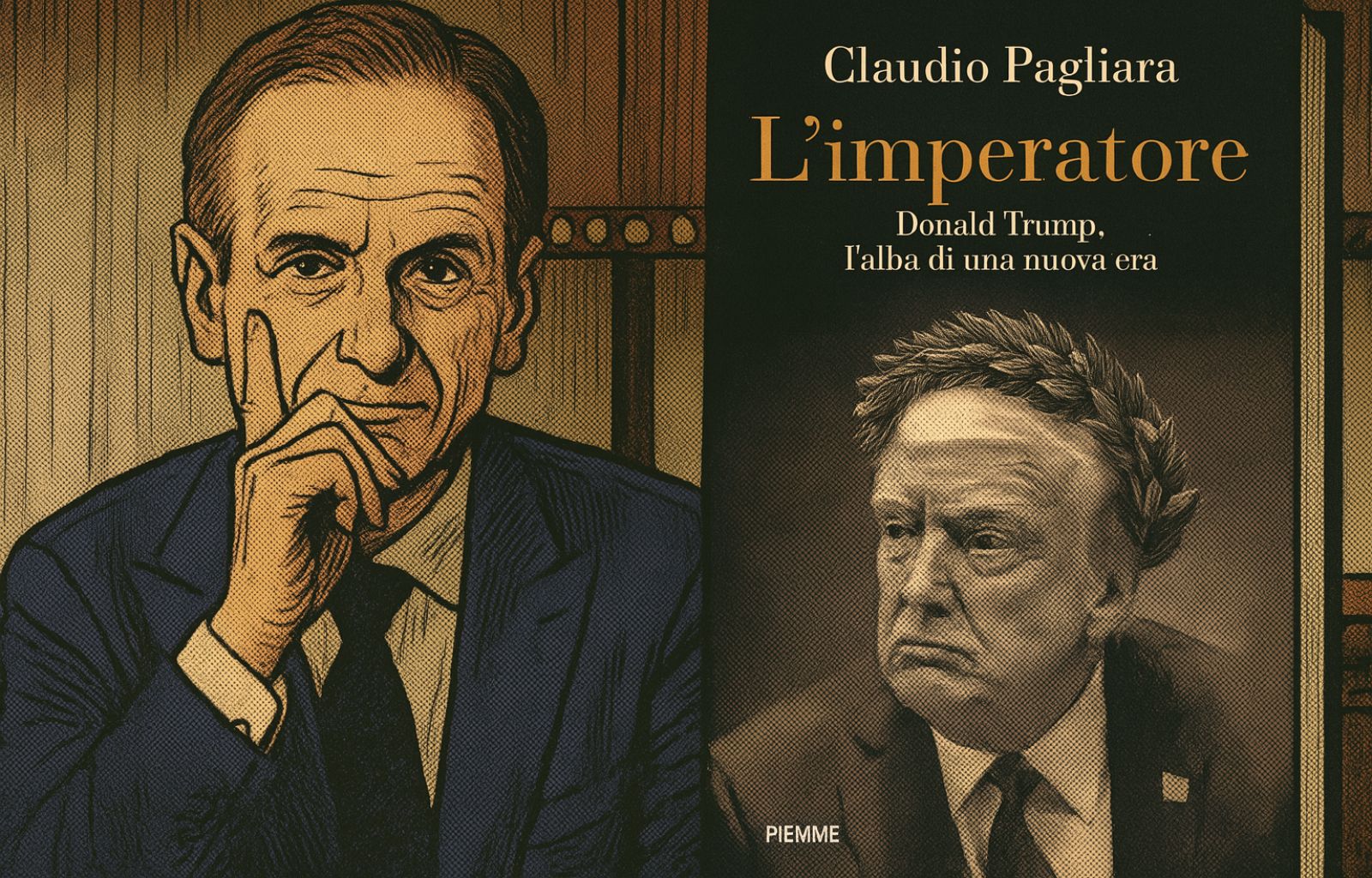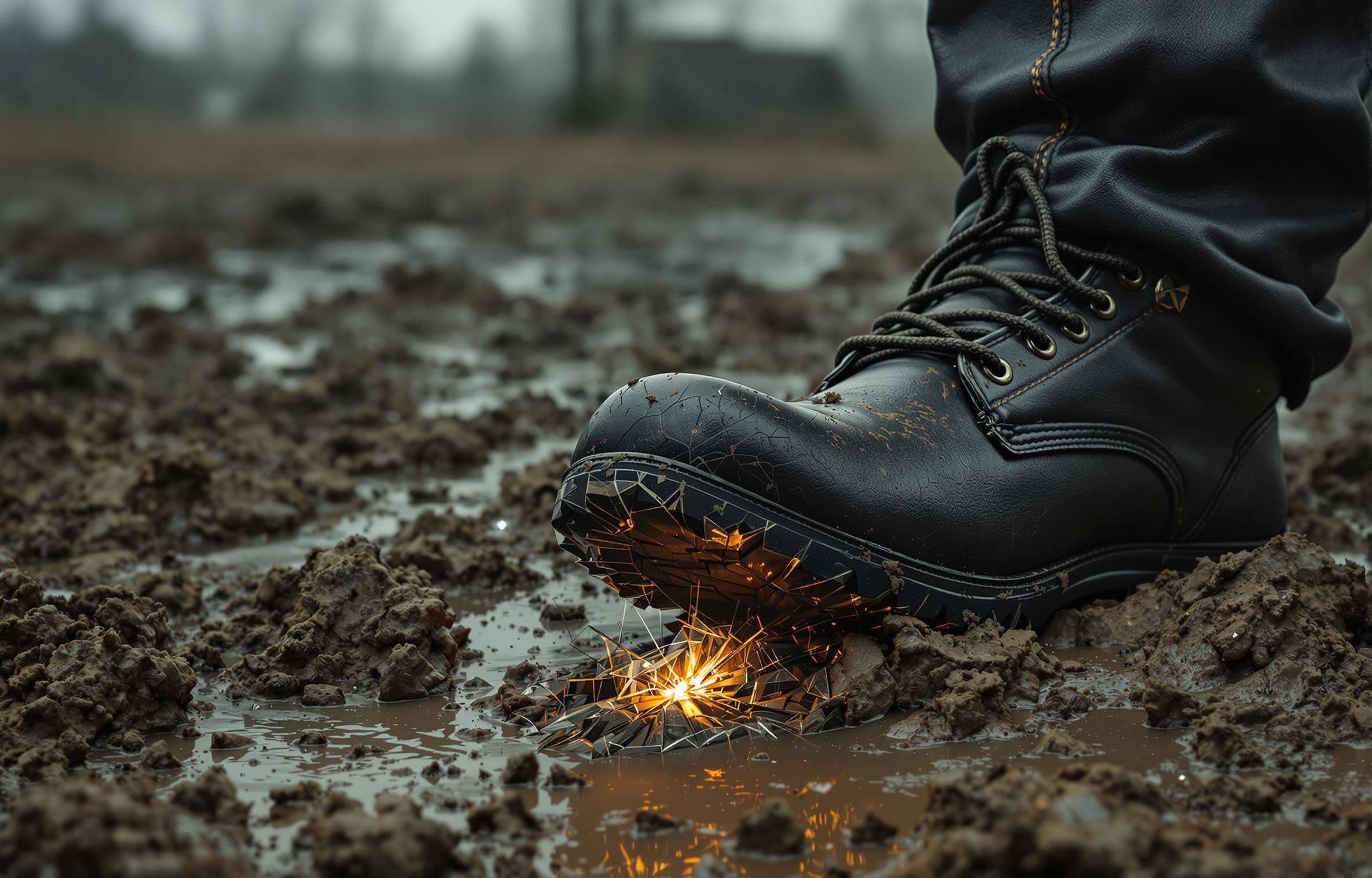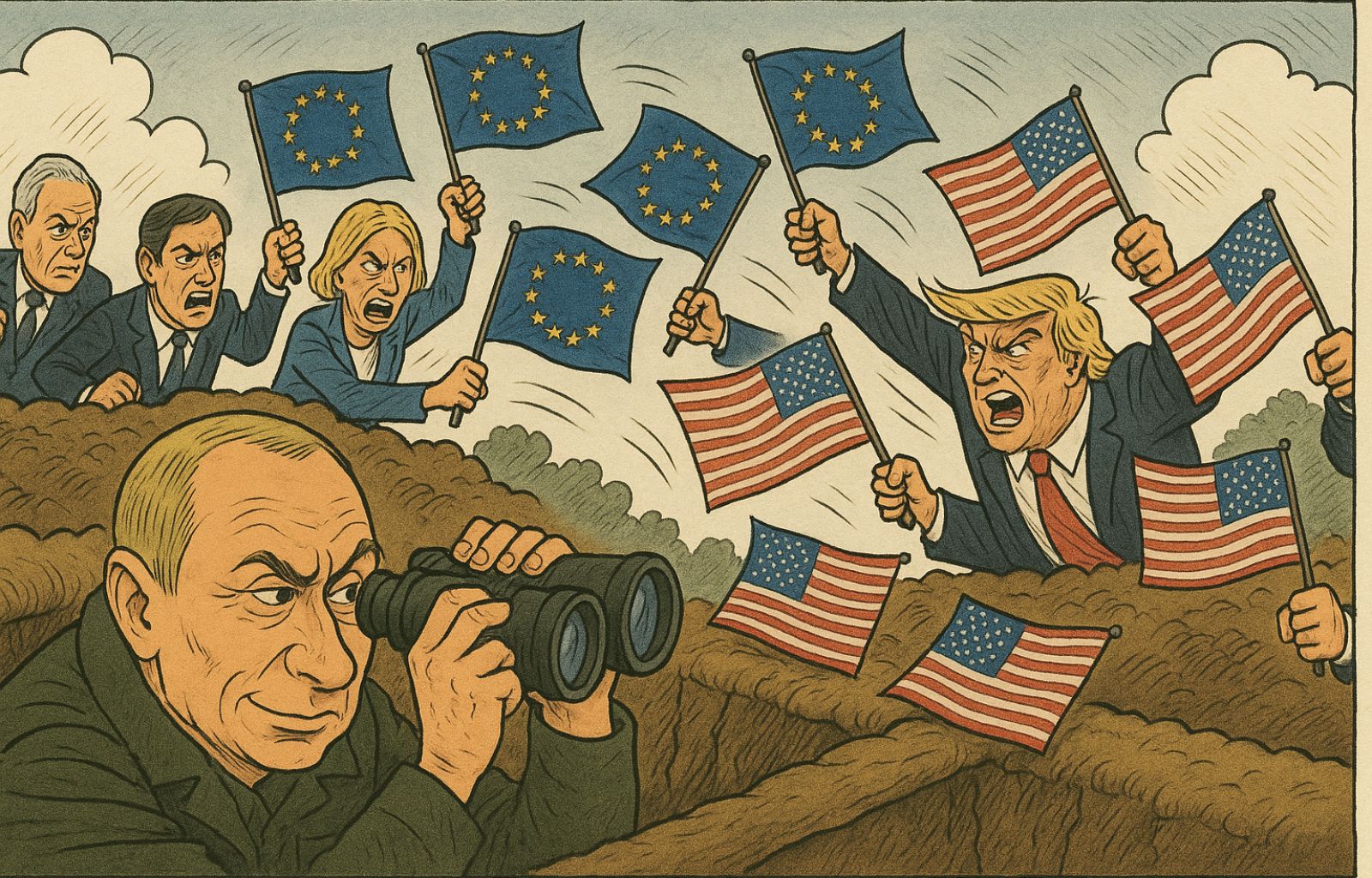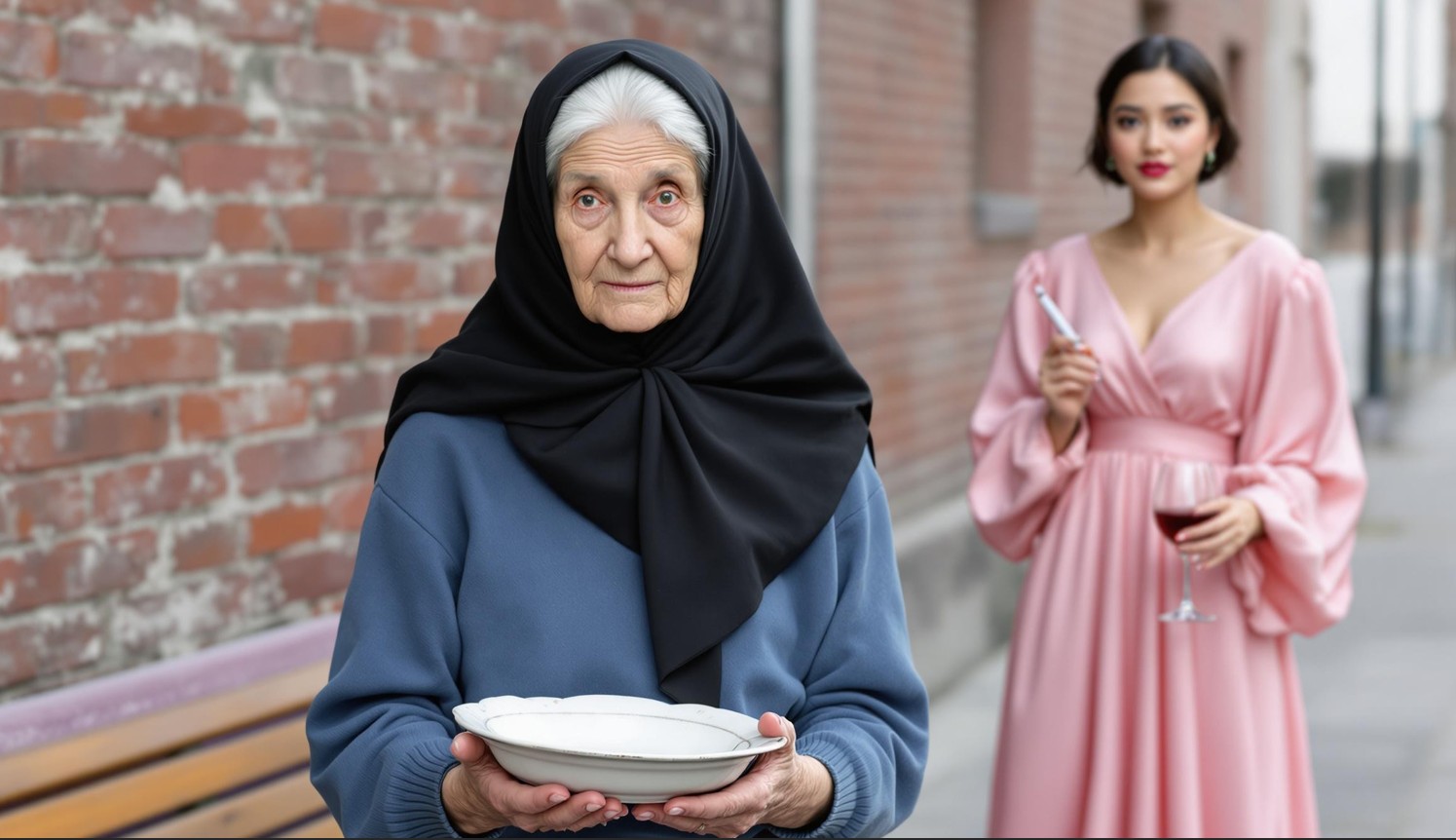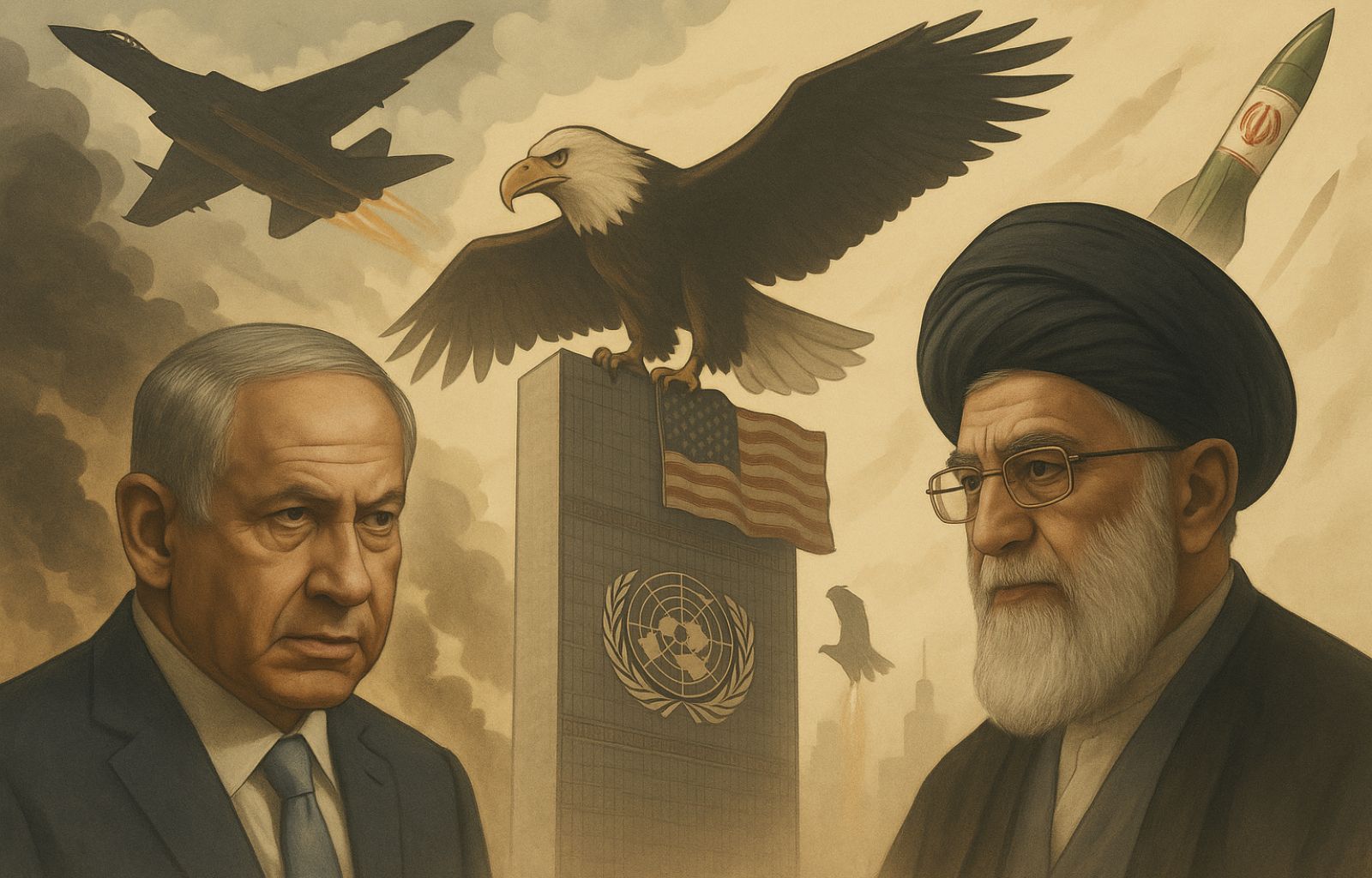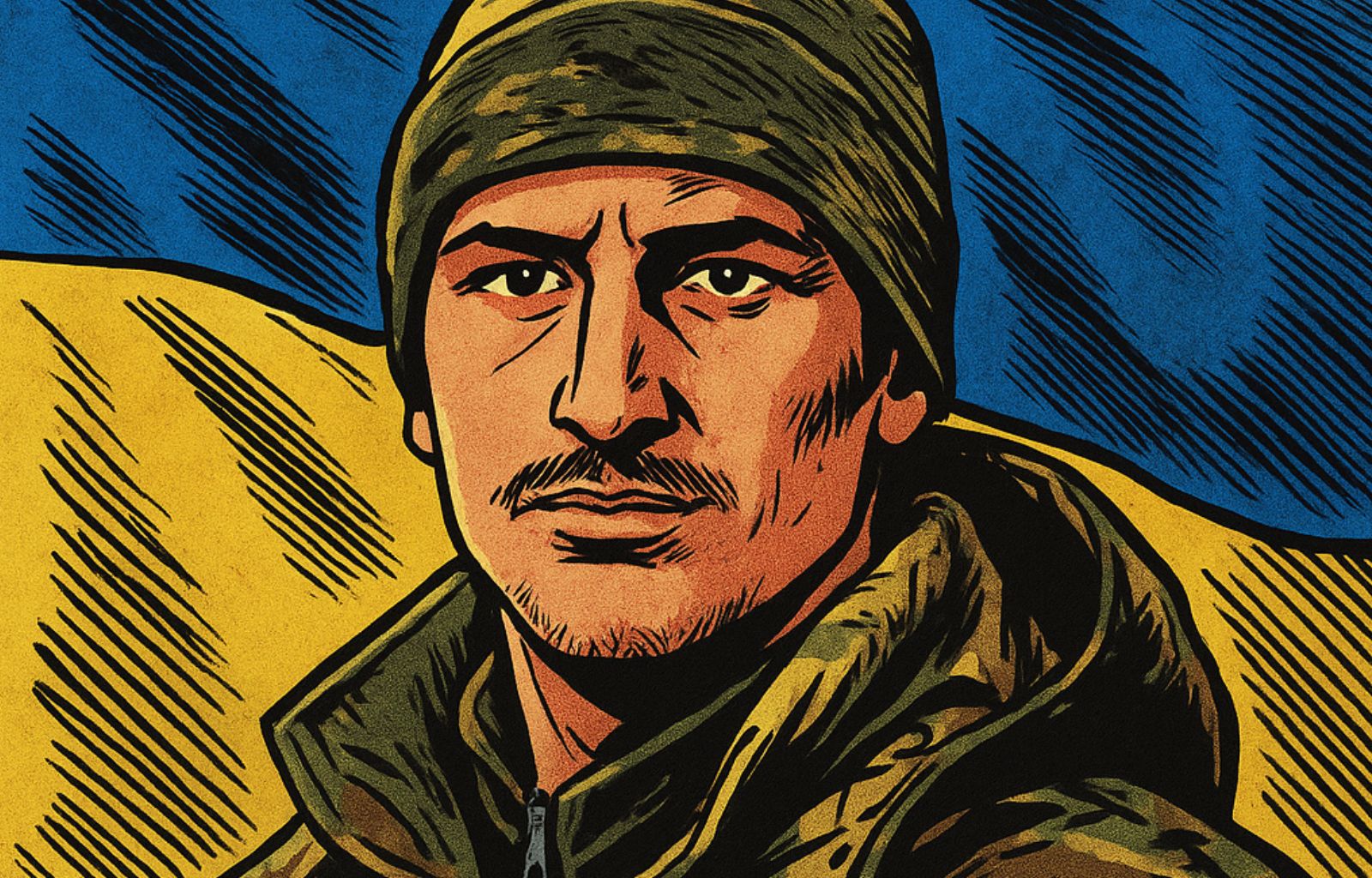Kvara is not a politician, but on European roads he was born and wants to stay there
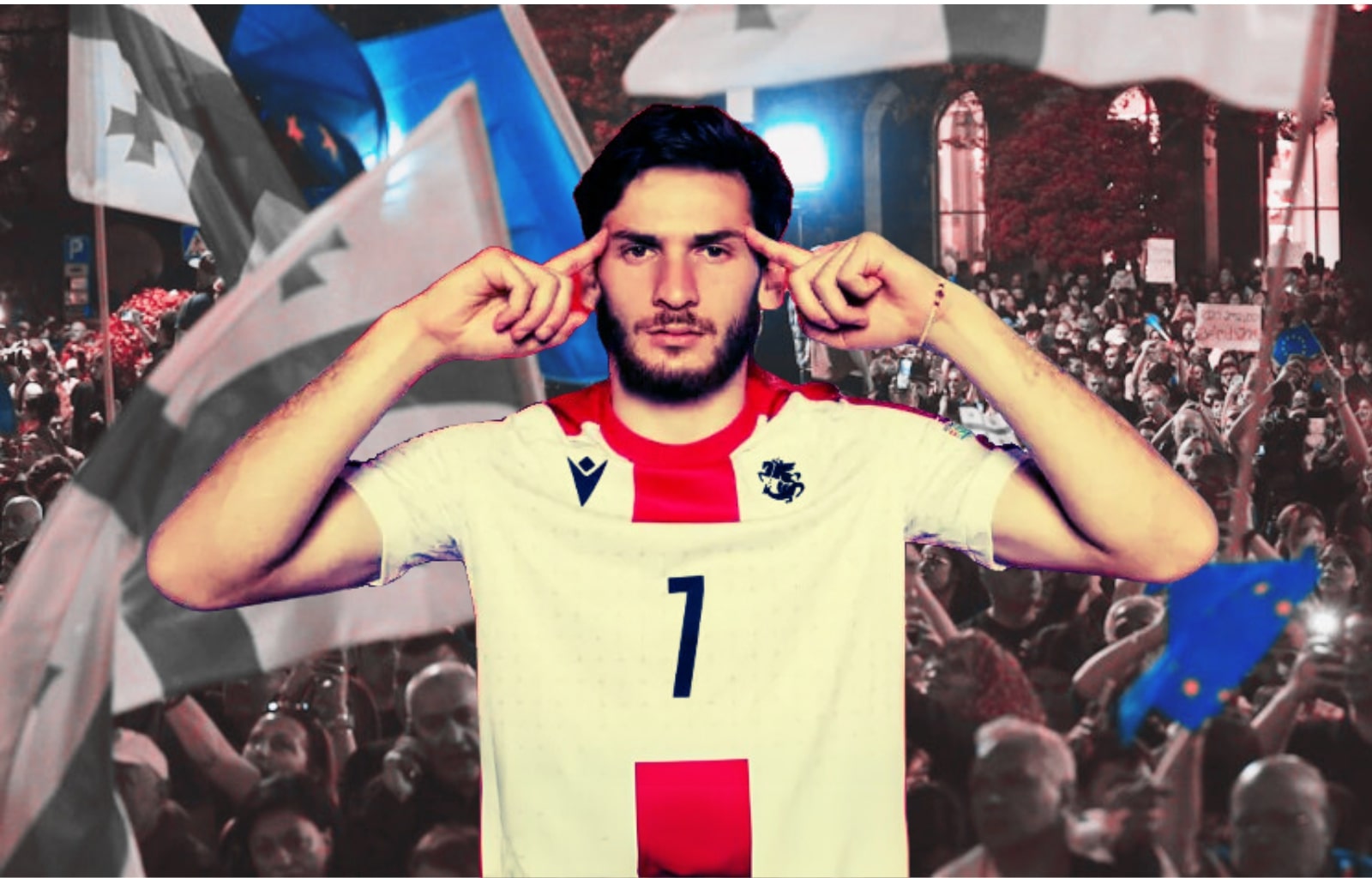
“The desire and will of the Georgian people is to walk and walk on the roads of Europe. This is our historical choice, the only right choice, and it is unacceptable to deviate from this path‘
Kvicha Kvaratskhelia
The words used by Khvicha Kvaratskhelia on Instagram are a reaction to the recent decision by the current Georgian government led by Irakli Kobalhidze to break off EU accession negotiations. A decision that has deeply shaken the country and has once again ignited the streets of Tbilisi and the Caucasian republic’s main cities.
An involuntary political flag
With his talent and international notoriety, Kvara has become, almost unintentionally, the symbol of the first real generation of Georgians who do not feel bound to Russia, neither culturally nor politically. It is a generation that – perhaps with excessive illusion – thought it could easily escape the Bear’s grip. Kvara’s life is intertwined with the great narratives of history: in March 2022, in agreement with her parents, she cancelled her contract with Rubin Kazan, a Russian football club, giving up money and opportunities to return to the peripheral fields of Georgia. A few months later would come the call from Napoli. But at that moment, the Kvaratskhelia family’s choice was anything but obvious: to refuse to play in the invaders’ league.
Russia as a foreign empire, despite Stalin
Whether it was a moral decision or one of simple personal and family prudence, it matters little: that rupture signalled a profound truth. For Kvara, Russia was not ‘home’, but a threatening, foreign empire. Long gone were the days when a Georgian named Iosif Dzhugashvili, known as Stalin, called himself a‘Russian of Georgian origin‘.
The Russian occupation in Abkhazia and South Ossetia
Yet Russia has never relinquished its grip on Georgia. The military presence in the separatist regions of Abkhazia and South Ossetia – occupied manu militari in 2008 – is a constant sword of Damocles over the country’s future. A seemingly small episode recently confirmed this: in October 2024, Russian soldiers stationed in South Ossetia crossed the line of occupation, kidnapping a Georgian shepherd and holding him in occupied territory for days before his release. Episodes like this are not just provocations, but real warnings: the Russians feel they can cross that border whenever and however they want, every step Georgia takes towards Europe is guarded and obstructed by an ever-present enemy.
Russian peace
The situation was further aggravated by the disputed general elections of 2024, which saw the ruling Georgian Dream party retain power amid allegations of fraud, intimidation and repression of dissent. The decision to break off negotiations with the European Union, taken immediately after the elections, seemed to many to be a final surrender to Kremlin pressure. On the other hand – as Silvja Manzi of Radical Europe reminded us during one of our streaming conversations – the prevailing argument used by Georgian Dream is that their attitude would protect peace (or, perhaps, Russian ‘peace’).
Saakashvili’s derussification
The work of ‘derussification‘ of Georgia was not a Western plot, but a choice of the Georgian governments since the years immediately following independence in 1991, intensified under the leadership of Mikheil Saakashvili. Coming to power with the Rose Revolution of 2003, Saakashvili worked hard to remove Russian influence from Georgian society, from politics to culture and language. One of his landmark projects was the promotion of English as a second national language, launching ambitious initiatives to train a generation of citizens to think in global and Western, rather than post-Soviet, terms. This policy was a political act: turning one’s back on Russia meant moving closer to Europe.
The generation after the roses
When Saakashvili came to power, Kvicha Kvaratskhelia was just over two years old. He is not a politician, nor does he claim to be one. Yet, this is not the first time he has taken a public stand. During the protests against the controversial ‘foreign agents’ law, he wrote on social media that he felt“deeply disturbed” and added:“Georgia deserves a future of freedom and democracy.” Simple words, perhaps even banal, but representative of the thoughts of a 20-year-old Georgian today.
The race against time of the pro-Russians
Today’s Georgia is hanging on a thin thread, and the danger for the Kremlin is clear: young people like Kvara no longer belong to Russia. If you lose the hearts of young people and urban citizens, your future is sealed. This is why the pro-Russian government of Georgia is desperately trying to cut ties with Europe, in a race against time. With each passing day, Kvara’s vision grows stronger, and Putin’s weakens.
Will the streets of Europe welcome Georgians?
But just as we cannot ask Kvara to be an intellectual or a politician, we cannot ask the young Georgians to do more than they are already doing. Their wish is clear: to travel the European roads, across those bridges that the pro-Russian government is trying to blow up. And us Europeans? Besides waving Georgian flags on social media, what are we doing to help them walk those roads?

